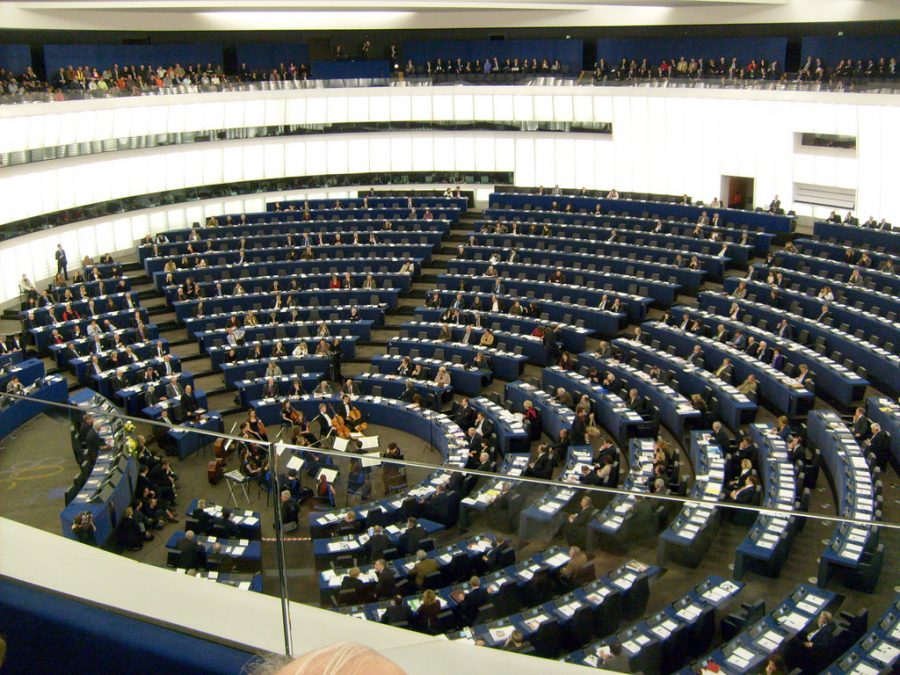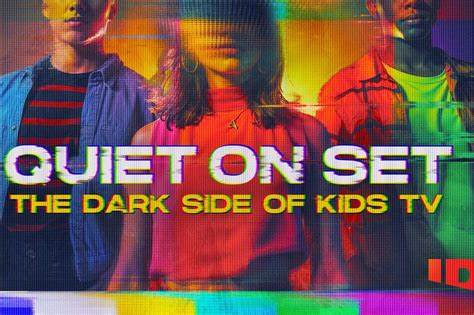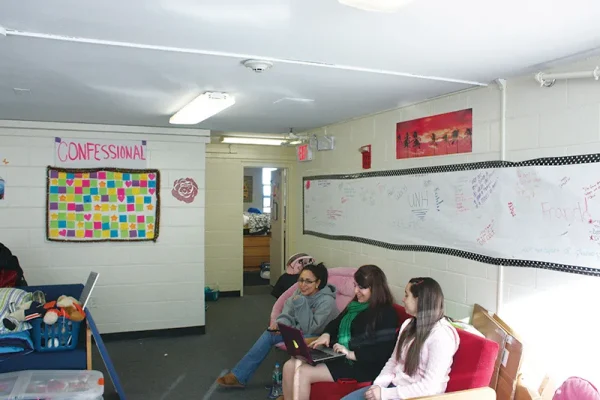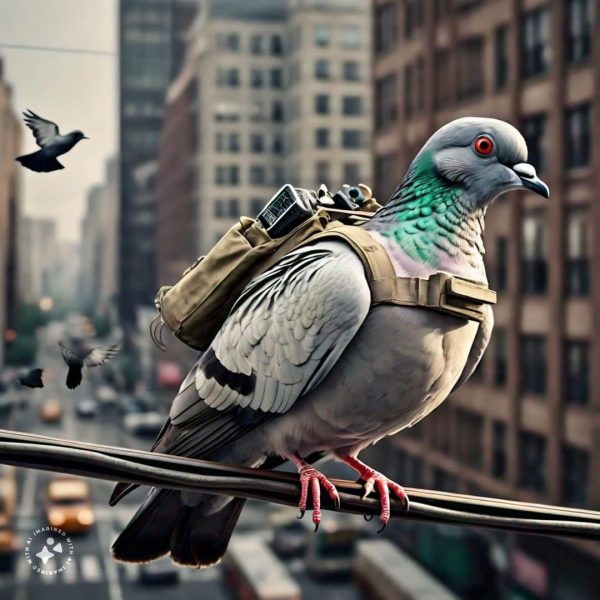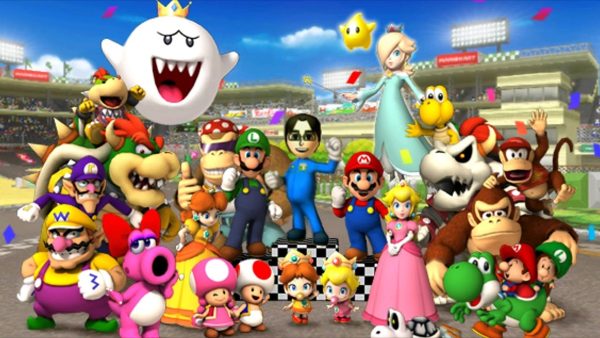Article Thirteen is Out to Get Your Memes
The European Parliament’s new copyright directive has been nicknamed the “meme ban.”
Article 13 of the European Parliament’s new copyright directive has initiated fears that memes will effectively be banned, and platforms such as YouTube and Facebook will need to pay publishers when individuals link their websites.
Simply put, this copyright directive places more responsibility on websites such as YouTube, Twitter, and Facebook to make sure that copyrighted material is not being illegally shared on their platforms. This article also includes that the platforms will have to pay a fee to share a link.
According to Article 13, the platforms should, “take measures to ensure the functioning of agreements concluded with rights holders for the use of their works or other subject-matter or to prevent the availability on their services of work or other subject-matter identified by rights holders through the cooperation with the service providers.”
This is why the article has been nicknamed the “meme ban” since no one is sure whether memes, which are often based on copyrighted images, will follow these laws. Some argue that memes are protected as parodies and so are not required to be removed, but others argue that filters won’t be able to distinguish memes and other copyrighted material, so they’d end up being removed anyway.
As much as the writers behind the article would just like YouTube and Twitter to simply remove the content that violates the law, no one can agree how these platforms are supposed to identify and remove this content. One suggestion that was brought to the EU’s attention was that platform owners use automate filters to scan every piece of upload content,/ and stop anything that might violate from being uploaded.
Critics, such as YouTube and Google who have been vocal about not supporting the article, think that Article 13 violates the fundamental right of internet users, and misunderstands the way people engage with the material on the internet. Remixes and covers, and other types of user-generated content would all be put at risk since these could technically be seen as breaches of copyright.
Agreeing with critics, it seems almost impossible to put a stop on these different platforms when there are people posting at all times of the day. 300 hours of video are uploaded to YouTube every minute, so to have a program go through all of those hours of video to make sure that it doesn’t violate this article seems unimaginable.
So when does this come into effect? On Jan. 18, the EU could not come to a conclusion since they did not receive the 55 percent of votes that they needed to pass this article. They meet again in April, and until then there are individuals protesting and fighting back to #saveyourinternet.

